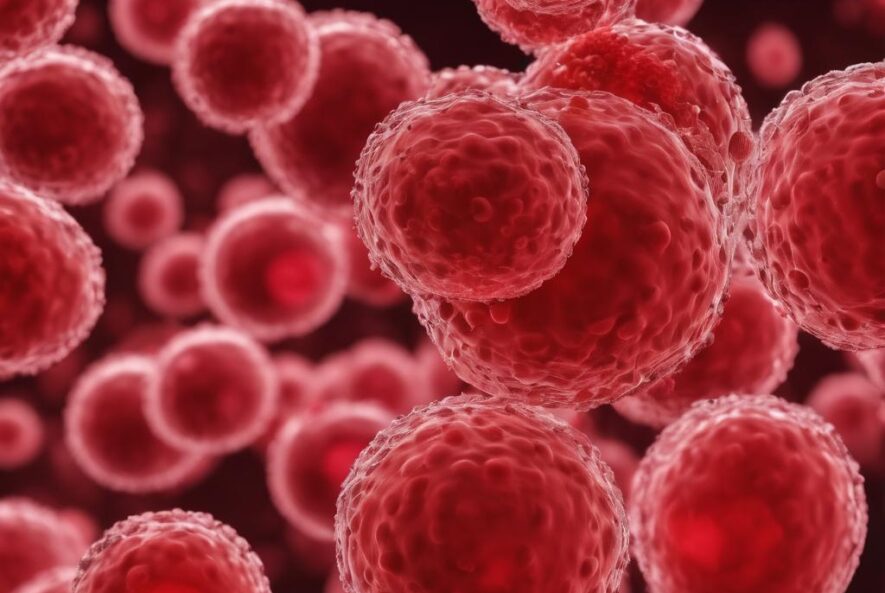
Hematology, the study of blood and blood-related disorders, is undergoing transformative advancements that promise to redefine the landscape of diagnostics and patient care. Join us on a journey into the realm of hematology as we explore the latest innovations shaping the future of blood-based diagnostics and treatment strategies.
1. High-Throughput Hematology Analyzers: Redefining Blood Cell Analysis
High-throughput hematology analyzers have revolutionized the speed and accuracy of blood cell analysis. These advanced machines can process a large number of samples quickly, providing detailed information about red blood cells, white blood cells, and platelets. The precision offered by these analyzers enhances the diagnosis and monitoring of various hematological conditions.
2. Flow Cytometry: Unraveling Cellular Complexity
Flow cytometry is a powerful technique in hematology that allows for the detailed analysis of individual cells in a blood sample. By labeling cells with fluorescent markers, flow cytometry can identify and quantify different cell types, providing invaluable insights into conditions such as leukemia, lymphoma, and immune disorders.
3. Liquid Biopsies in Hematologic Cancers: Early Detection and Monitoring
Liquid biopsies are transforming the approach to hematologic cancers. These non-invasive tests detect circulating tumor DNA in the bloodstream, offering a less invasive alternative to traditional bone marrow biopsies. Liquid biopsies enable early detection, monitoring of treatment response, and detection of minimal residual disease, revolutionizing the management of hematologic malignancies.
4. Gene Therapies for Blood Disorders: Targeting the Root Cause
Gene therapies are emerging as promising interventions for inherited blood disorders. By targeting and correcting faulty genes responsible for conditions like thalassemia and sickle cell anemia, gene therapies hold the potential for transformative, curative treatments that address the root cause of these disorders.
5. Artificial Intelligence in Hematology: Enhancing Diagnostic Accuracy
Artificial intelligence (AI) is making significant strides in hematology diagnostics. Machine learning algorithms analyze vast datasets of blood-related information, aiding in the rapid and accurate diagnosis of blood disorders. AI-powered tools enhance the efficiency of hematologists and contribute to more precise treatment decisions.
6. Personalized Treatment Strategies: Tailoring Therapies to Individual Patients
Advancements in hematology are paving the way for personalized treatment strategies. Understanding the unique genetic and molecular characteristics of a patient’s blood disorder allows healthcare providers to tailor therapies, optimizing outcomes and minimizing side effects.
7. Point-of-Care Testing: Bringing Hematology to the Bedside
Point-of-care testing in hematology brings diagnostic capabilities directly to the patient’s bedside. Rapid tests for conditions such as anemia, clotting disorders, and infections enable swift decision-making and timely initiation of treatment, particularly in emergency and critical care settings.
The Future of Hematology: Integration and Holistic Patient Care
As these advancements continue to shape hematology, the future holds promise for seamless integration of diagnostic technologies, comprehensive patient care approaches, and a deeper understanding of the molecular underpinnings of blood-related disorders. Hematology is evolving, bringing us closer to a future where blood-based diagnostics and treatments are tailored to the unique needs of each patient.
In our next exploration, we will delve into practical applications of these advancements, showcasing real-world examples of how innovative hematology is making a difference in patient outcomes. Stay tuned for an in-depth look at the tangible impact of cutting-edge hematology in action.







